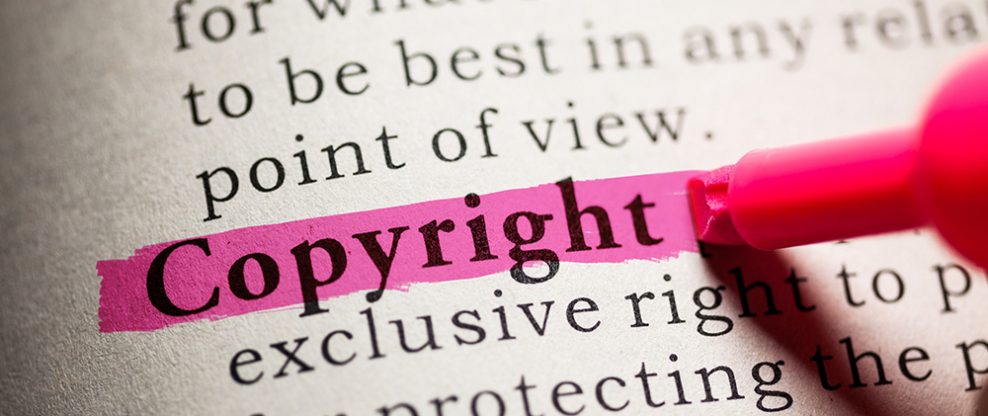(Hypebot) — Will the explosion in multi-million deals for artist rights and catalogs lead investors to push for perpetual copyrights so that they can make even more money?
Back in October, I noted the huge amounts of money pouring into music copyrights, largely driven by the global rise of online streaming. Since then, that trend has continued, most notably with Bruce Springsteen’s sale of his recordings and songwriting catalogue to Sony, for a rumored $550 million. As I pointed out in the post, one of the problems with this “financialization” of the sector is that music copyrights become completely divorced from the original creativity that lies behind them. They become just another asset, like gold, petroleum or property. On the Open Future blog, Paul Keller has pointed out a plausible – and terrifying – consequenceof this shift.

As Keller notes, the more the owners of copyrights become detached from the creative production process, the less they will care about the nominal balances within the system. In particular, the central quid pro quo of copyright – that a government monopoly is granted to creators for a limited period, after which the work enters the public domain – will be perceived simply as an obstacle to greater profits. The financialization of the music world means that an artist’s ability to use the public domain as a foundation for future creativity, or to take advantage of copyright exceptions, will be of no interest to the corporations and private equity firms that are only concerned about the value of their own assets. For Keller, the end-game is clear:
“From the perspective of financial investors, copyright is not much more than a bundle of rights created out of thin air that structure financial flows and it follows that there is absolutely no reason why they should not push for governments to make these rights last longer. Once the slate of recording artists that entered into these deals have passed away and will not be able to speak up anymore – or complain that they have been shafted – it will only be a question of time until financial investors start pushing for longer term durations or – more likely – perpetual copyright. Compared to this new class of cultural predators, the good old Walt Disney company will quickly start looking like an innocent schoolboy.“
It has been hard enough in the past to make copyright a little fairer for members of the public. If Keller is right – and I fear he is – it will become close to impossible to continue that process in the future unless people start defending vociferously what few rights that they currently have in the world of copyright.


























































